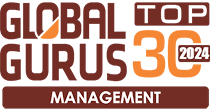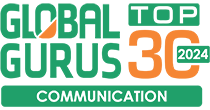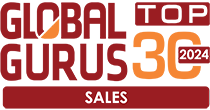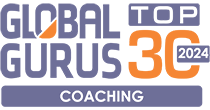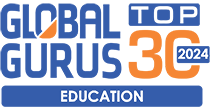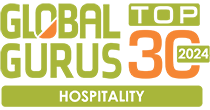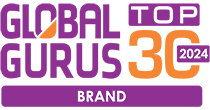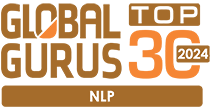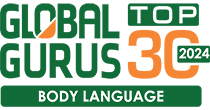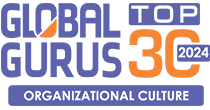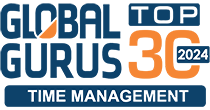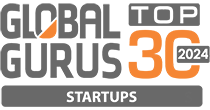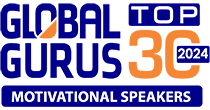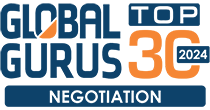How Writing A Thank You Note Can Help Your Chances
December 26, 2020
Right now, people are struggling to find jobs. Unfortunately, the Coronavirus pandemic has created turmoil for many Americans. Millions have been laid off from their jobs so they’re desperately struggling to find new employment. This isn’t going to happen overnight. Since so many people are looking at once, the demand is exceptionally high yet the supply is low. This is forcing many to remain on unemployment insurance longer.

If you happen to get an interview with a potential employer, you’ll want to do everything you can to boost your chances. One way to do that is by writing a thank you note. Within this article, readers will learn more about thank you notes and their benefits.
The Basics Of Thank You Notes
Once you’ve received an interview, you’ll want to do everything possible to impress the HR representative. You have to answer all of the questions precisely and wisely. You need to present yourself effectively to make the interviewer interested in hiring you. In addition to this, you need to show this individual that you sincerely want the job and will work hard for their business. With this being said, you should understand that this process does not end when the interview has finished.
After the interview, you should give the HR representative a simple thank you note. We spoke with Patrick Algrim, career expert at Algrim.co who said, “Everyone should be writing a thank-you note after an interview.” Doing so will remind the interviewer that you’re ready for the job. Use this note to boost your chances of being selected.
How Thank You Notes Help
Ultimately, you only have one chance to impress during the interview. You need to prepare to the fullest to make sure that you knock it out of the park. Once the interview ends, you may believe you’re finished and have done everything you possibly can. This is not the case. You can take small steps to increase your chances of getting the position. Using thank you notes is one way to do that. You’ll find out more about the benefits of thank you notes below.
Remind Them
First and foremost, you should remind the interviewer that you’re ready for the position. This is immensely important because other people have been interviewed too. You need to remind the HR representative so they’ll remind you and your interview. Otherwise, they may remember the last person who was interviewed and pick them for the job. To offset this issue, you should send a thank you email to the representative. Remind them about your interview and you might get the job.
You Still Care
Sometimes, you’ve applied for multiple jobs. The interviewer may believe that you’re going to get another job first. This might hurt your chances since the interviewer might try to pick someone who hadn’t applied for multiple positions. This is why you’ll want to use thank you notes. Sending a note to the HR representative is an excellent way to show them that you still care. Once they receive the note or email, they’ll know that you still want the job.
Thanking Them
You’re dealing with a thank you note. As you can tell, the purpose of the note is to thank the interviewer for speaking to you. If you seem ungrateful, you can kiss your chances goodbye. You need to show that you care and that you appreciate the opportunity. You can achieve this goal by sending a thank you email to the HR rep. Once they’ve read the note, they’ll know that you’re appreciative of getting the chance. If you don’t get this position, they might have another one for you. Who knows? Just remember that you won’t get that opportunity unless you send a thank you note.
Being Last
When it comes to job interviews, being last is always best. If the interviewer has conducted 15 interviews, she will likely forget key parts of the first 10 interviews. This is why it is always beneficial to best the last person interviewed. However, you might not get the chance. You might be the first one. Thankfully, you can overcome this problem by using thank you notes. Send this note so you can be the last person the interviewer thinks about.








